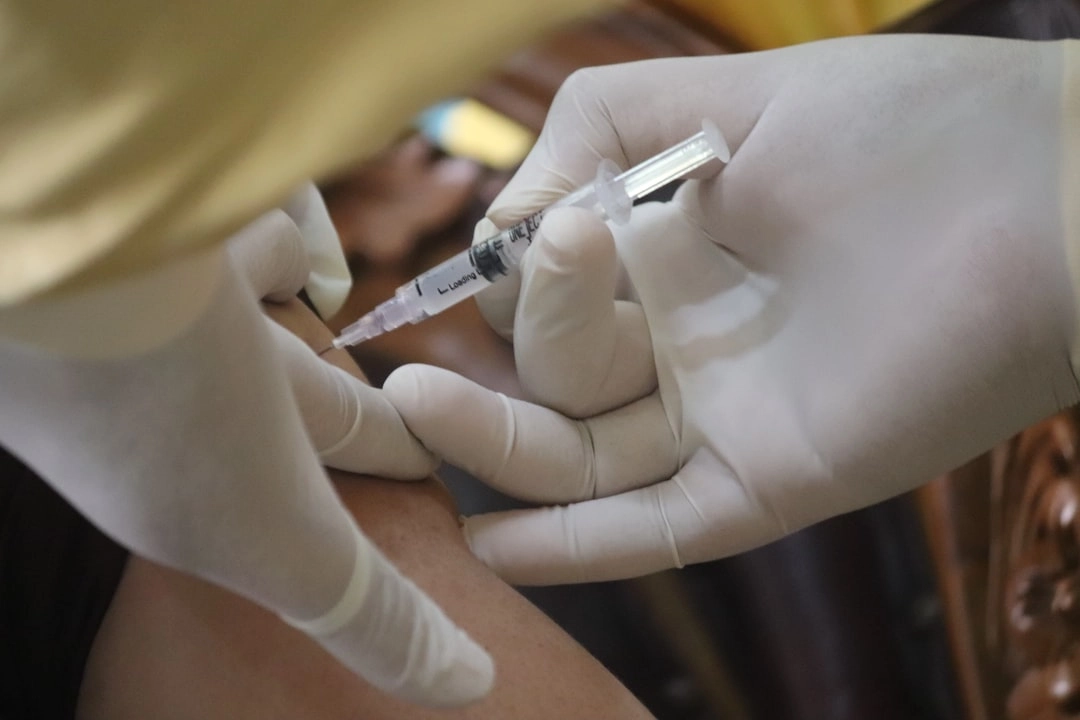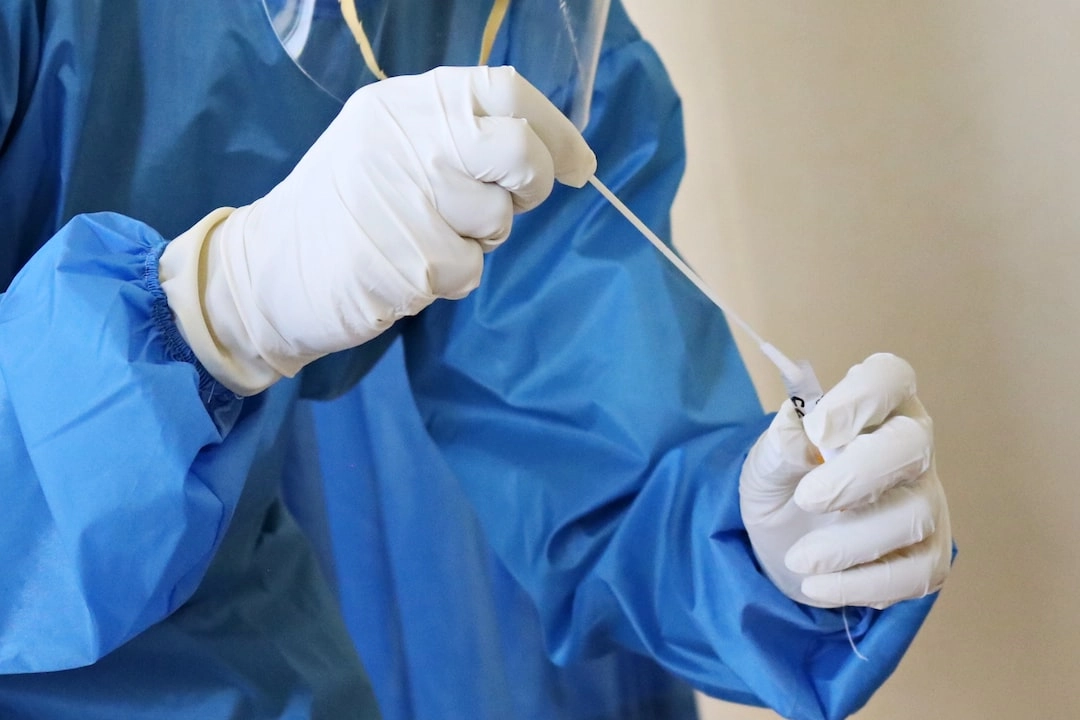Getting “fully vaccinated” against COVID-19 is an important milestone in Canada’s fight against the pandemic. But what does it mean to be fully vaccinated in Canada? What are the current guidelines and recommendations around full vaccination? This article will provide a breakdown of what Canadians need to know.
Background on COVID-19 Vaccines
- COVID-19 vaccines approved for use in Canada include Pfizer-BioNTech, Moderna, AstraZeneca, and Janssen.
- These are mRNA and viral vector vaccines that require either one or two doses to provide strong protection.
- Clinical trials found the vaccines provide excellent efficacy against symptomatic, lab-confirmed COVID-19 illness from two weeks after the final dose.
- Real-world data has confirmed the vaccines’ ability to reduce infections, hospitalizations, and deaths in vaccinated populations.
Definition of Fully Vaccinated in Canada
- According to guidelines from the National Advisory Committee on Immunization (NACI), people are considered fully vaccinated:
- Two weeks after their second dose of a two-dose COVID-19 vaccine series, such as Pfizer-BioNTech, Moderna, or AstraZeneca.
- Two weeks after a single-dose vaccine, such as Janssen.
- This two-week period allows time for the vaccine to generate a full immune response in your body.
- Being fully vaccinated provides excellent protection against COVID-19, though precautions are still recommended.
Partial Vaccination
- With a two-dose series, having just one dose provides good but incomplete protection.
- Longer intervals between first and second doses create higher overall efficacy.
- But full vaccination with two doses is important for robust and lasting immunity.
Benefits of Full Vaccination
Being fully vaccinated can provide a number of benefits:
- Much lower risk of getting COVID-19.
- Almost complete protection against severe illness, hospitalization, and death.
- Lower risk of post-COVID conditions.
- May be exempt from quarantine restrictions after travel or a known exposure.
- Lower risk of transmitting the virus to others.
Timing of Boosters
Some people may need an additional booster dose after completing their vaccine series to maintain optimal protection against evolving variants like Omicron.
Complete Vaccination for Different Age Groups
Public health authorities occasionally update recommendations around complete vaccination for different age groups as more data becomes available.
Adults 18 and Older
All adults 18 and over should complete a primary series of COVID-19 vaccination with two doses of an mRNA vaccine or one dose of the Janssen viral vector vaccine.
Children 5-17
- Children ages 5-11 should receive two pediatric doses of the Pfizer-BioNTech vaccine.
- Youth ages 12-17 should get two doses of the adult Pfizer-BioNTech vaccine.
Infants and Young Children
- Vaccines for kids under 5 are still in development and testing.
- Once authorized and recommended, children six months to 4 years old will be eligible to get fully vaccinated.
Confirming Your Fully Vaccinated Status
- Each province/territory manages its own proof of vaccination system.
- The validation process may be digital, on paper, or a combination.
- Fully vaccinated status can often be demonstrated via QR code.
- Check your regional health authority’s website for details on how to access your record.
Being fully vaccinated against COVID-19 remains the best way to protect yourself and others. Follow public health guidelines in your region for when and how to complete your recommended vaccine series.







